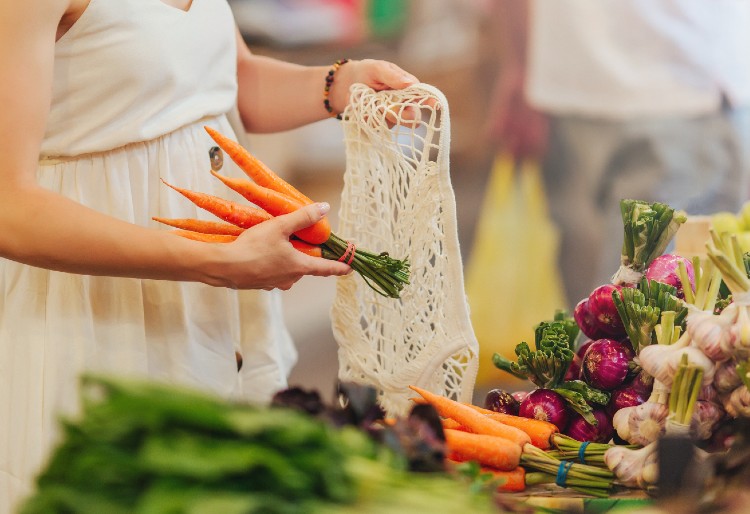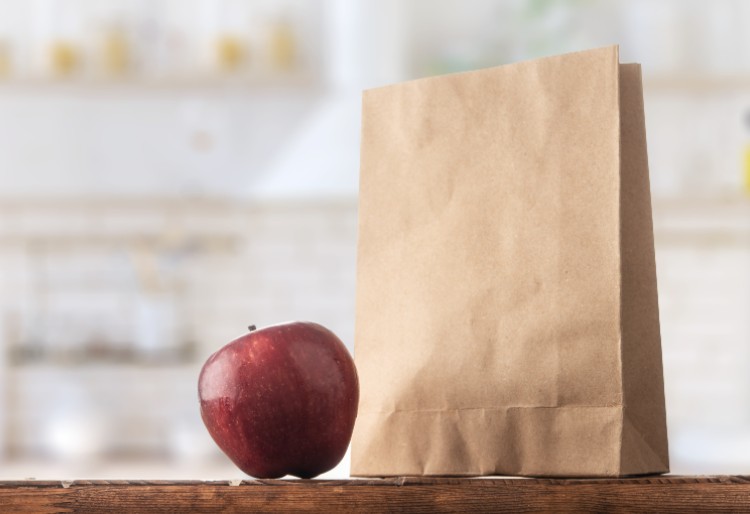Sustainable shopping
Sustainable purchases are essential for both companies and individuals as they promote the well-being and development of the environment.
IT’S ECO, IT’S LOGICAL
Share

How sustainable are people in Spain? Do we shop thinking about the environment or about a cleaner planet? 77% state they consume sustainable products, according to eBay’s report on Sustainability and Sustainable Consumption, published to coincide with the International Day of Recycling which takes place on 17th May. Furthermore, according to a survey carried out by Accenture of more than 3000 consumers in 15 countries, including Spain, between 2nd and 6th April, in the middle of lockdown, 45% of consumers confirm that they opt for more sustainable options when shopping and that they will probably continue to do so in the future.
But, it is certainly true that the coronavirus crisis has highlighted packaging and its importance in food safety. However, this does not take away the fact that post-Covid consumption habits reflect the consumer’s trend towards healthier products, but also sustainable ones.
What is sustainable shopping
Sustainable shopping involves buying products that help to preserve natural resources, save energy and prevent waste. It is also called ‘green shopping’. This green shopping is an essential tool to reach a sustainable model of consumption and production. For shopping to be sustainable, it should follow the criteria below:• Que proceda de procesos limpios no contaminantes
• Originate from non-polluting clean processes
• Optimise the resources used in its generation/production
• Respect the rights of people who have contributed in its production.
• If there is packaging, it should be the minimum necessary.

Advice to carry out sustainable shopping
- When you are going shopping to the supermarket, go with a list to plan the shop, bearing in mind the weekly lunches and evening meals according to the members of the family. That way you will avoid wasting and throwing food away.
- Choosing seasonal and local products in the case of foods is the first step to sustainable shopping. These are products that are called ‘0Km’, in other words, they require minimal transportation from the point of production to the point of sale and/or consumption (less than 100 km).
- Another good option is to choose sustainable or environmentally friendly food products that respect natural growth, that don’t use pesticides in their cultivation, or that take animal welfare into account.
- Choose sustainable fish, with the MSC certificate.
- You can also opt for products in bulk to reduce the use of packaging.
- Look at the packaging, aim for them to be reusable, recyclable and/or made from renewable primary materials:
• If they are made of paper, check they come from certified forests, by looking for the label of a tree with the initials FSC.
• There are already alternatives to plastic on the market, for single use products, made with maize and potato starch or made from sugar cane.
• You can also choose products packaged in aluminium tins which are recyclable or, even better, glass jars which are 100% reusable and recyclable.
• Once used, recycle them in the appropriate container: yellow if it is plastic or tin packaging or blue for paper and cardboard.
- As far as possible, try to walk to the shops or use sustainable means such as a bike. You can also opt for public transport.
- When you go shopping, take your own fabric or recyclable bags from home, or even a trolley or basket, that way you will reduce the use of plastic bags, although most shops already have carrier bags made from 70% recycled plastic and coming from the circular economy.
- If you choose online shopping, be coherent and as well as choosing local and/or national products, remember that even though you aren’t going out, transport is being use and this consumes energy and generates waste.
- To be more sustainable in buying clothes, we give you some advice at the following link
- To buy household appliances (fridge, washing machine or dishwasher), look for products that involve saving energy and water. You will be able to distinguish them by the environmentally friendly and energy labels, the most efficient ones are labelled as A and B.
- You can also choose Fair Trade products, a trade system based on dialogue, transparency and respect, which seeks greater equality in international trading, paying special attention to social and environmental criteria.






